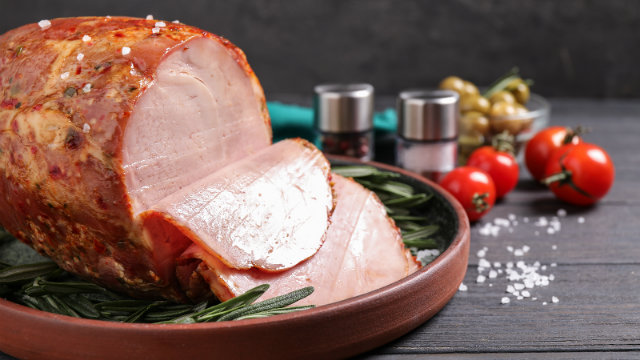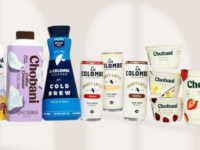
Despite the devastating impact of African Swine Fever (ASF) on the global protein market, Rabobank’s Global Animal Protein Outlook 2020 reports that Australian beef and sheep meat prices will remain strong in 2020.
Production growth is expected in most regions in 2020 but China’s production losses exceed the growth in all other regions combined.
Chinese pork production is expected to decline by 10 to 15 per cent from 2019 levels with ASF bringing further uncertainty to trade disputes.
In Australia, while global demand will keep local beef and sheep meat prices strong, any further upside will be driven by an improvement in seasonal conditions.
“There is considerable upside potential for prices, given livestock inventories for both sheep and cattle are at their lowest levels in over 20 years. And it is this low stock availability that will see the market remain highly sensitive to substantial rain events,” Rabobank senior animal proteins analyst Angus Gidley-Baird said.
“Lower inventory numbers and strong global markets will support prices for heavy-finished cattle, in particular, while lighter classes of cattle will remain more exposed to seasonal variability.”
In the sheep market, lamb production is expected to remain steady in 2020. An improvement in seasonal conditions could lift production however.
The report warns ASF could spread to other countries in 2020 due to the shipments of feed and live animals but that there will be fewer herd loss next year compared to 2019.
In Australia, the volume of alternative proteins is still low while in the US, consumers are eating more beef, chicken and pork as their consumption of all proteins is growing.

Tim Kingma from the Victorian Farmers Federation said the price of Christmas ham could soar by up to 60 per cent this Christmas due to a shortage of pork caused by ASF.
“There definitely is a shortage of pork around the world. The last two years, the actual hams at Christmas have been fairly cheap,” Kingma told 3AW radio on Monday.
“Because we’ve had the droughts the costs have been more.
“We’ve actually lost over 10 per cent more of the industry – peak family farmers have gone out, so there is scope to improve and for those people to come back into the industry.”
It can be spread when pigs eat infected meat products and through direct contact.
Authorities predict the disease will eradicate up to a quarter of the global pig stocks and obliterate Asian piggeries.
There is estimated to be up to 24 million wild boars across Australia, sparking fears the disease could spread quickly if it gets into the wild.
If a local outbreak occurred, it could cost the Australian pork industry $2 billion.
















